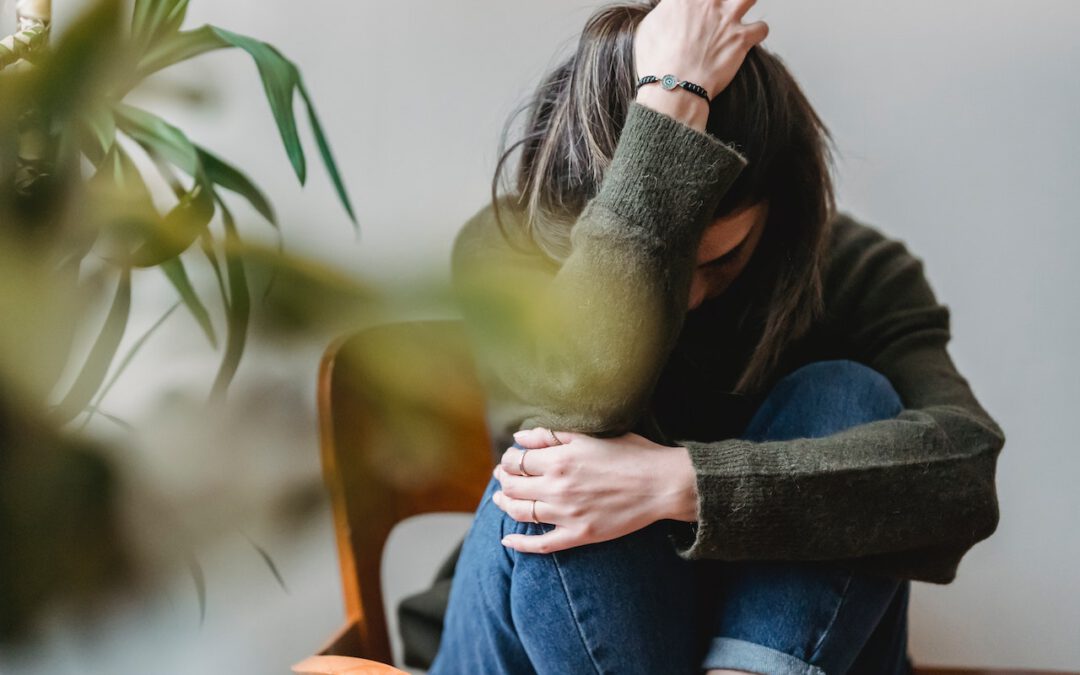Hidden anxiety in teens is an increasingly common issue that often goes unrecognized. This is because anxiety can manifest itself in several ways, making it difficult to recognize or diagnose. In some cases, teens may be able to hide their anxiety, which can make it even more difficult to identify, as they may not be exhibiting any of the common symptoms associated with anxiety disorders.
The effects of hidden anxiety can be quite serious, as it can lead to a number of long-term mental health issues. Teens who suffer from hidden anxiety may be more likely to suffer from depression, substance abuse, or suicidal thoughts.
It is important for parents, teachers, and other adults in the lives of teens to be aware of the signs of hidden anxiety and to look out for any potential warning signs. For example:
1) Emotional Changes
Teens with hidden anxiety may display sudden changes in their emotions, such as becoming more irritable or withdrawn. They may also be more prone to outbursts of anger or tears. Such emotional changes due to anxiety can manifest in many different ways, such as avoiding activities they used to enjoy. They may also be more sensitive to criticism or become unable to handle even minor issues.
2) Social Shifts
Teens with hidden anxiety may start to withdraw from social activities, such as avoiding parties or other gatherings. They may also start to isolate themselves from friends or family and become less interested in activities they used to enjoy. They may even become more reclusive and prefer to stay at home or in their room, away from social situations.
3) Physical Concerns
Physical symptoms of hidden anxiety can include headaches, stomachaches, changes in appetite, and even insomnia. Teens may also experience muscle tension, fatigue, and trembling. On top of that, they may experience palpitations and rapid breathing, which can be more noticeable when they’re feeling particularly anxious.
4) Unusual Sleep Schedule
Teens with hidden anxiety may have difficulty sleeping, either due to difficulty falling or staying asleep. They may also experience nightmares or have difficulty waking up in the morning. Others get into a habit of staying up late into the night or waking up very early in the morning as a way to avoid dealing with the anxiety they may be feeling.
5) Poor Academic Performance
One of the most common signs of hidden anxiety in teens is a sudden drop in academic performance. Teens with anxiety may struggle to concentrate in class, feel overwhelmed by the workload, or forget what they’ve learned. They may also experience test anxiety, which can lead to lower grades and a higher rate of absenteeism.
6) Frequent Panic Attacks
Teens with hidden anxiety can experience frequent panic attacks, which can be terrifying and debilitating. Panic attacks are characterized by intense physical symptoms like a racing heart, shortness of breath, dizziness, trembling, and sweating. Panic attacks can last anywhere from a few minutes to an hour and can be triggered by a stressful situation or by no apparent cause.
Conclusion
If you believe that a teen in your life is struggling with hidden anxiety, it is important to reach out and offer support. Talk to the teen in a non-judgmental way and provide them with resources, such as therapy or support groups, that can help them manage their anxiety.
Know someone dealing with anxiety? Sarah J. Person, LCSW-R offers psychotherapy for teens and adults from Brooklyn to Long Island and upstate New York. Get in touch with us today.


